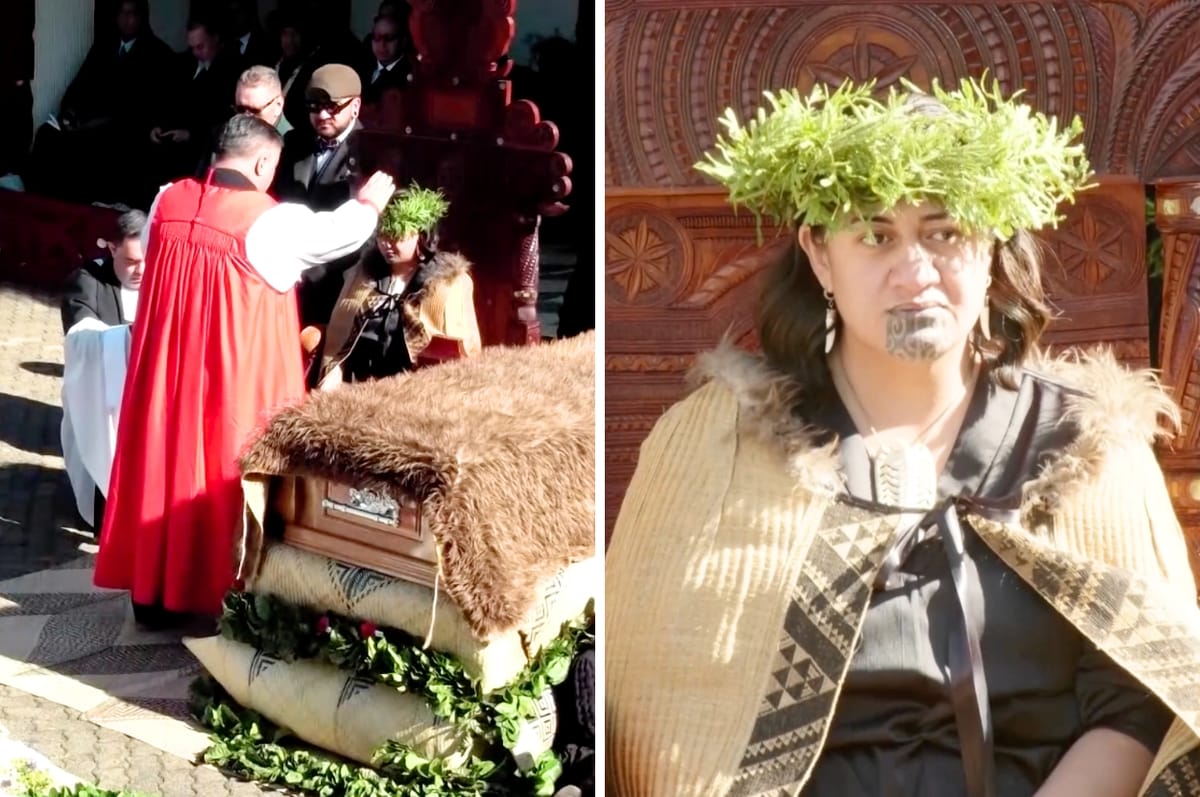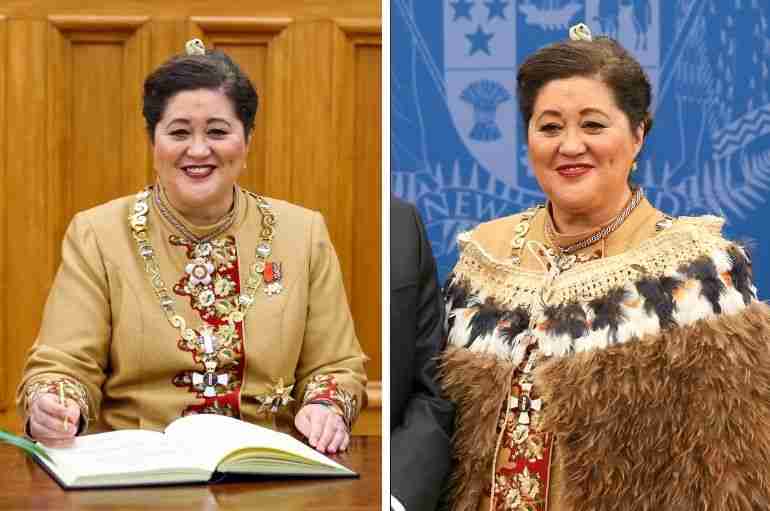Māori People In New Zealand Have Named This 27-Year-Old Woman As Their New Māori Queen
Ngā Wai Hono i te Pō, 27, has been crowned New Zealand’s new Māori Queen after her father, King Tuheitia, died in hospital after heart surgery.

Ngā Wai Hono i te Pō, 27, has been crowned New Zealand’s new Māori Queen after her father, King Tuheitia, died in hospital after heart surgery.
Ngā is the second-ever queen in the history of the Kīngitanga, the Māori King Movement , following her grandmother, Te Atairangikaahu, the first Māori Queen.
The Māori King Movement is a movement that was established in the 1850s to unify Indigenous Māori tribes under a single leader, serving to advocate for Māori rights and preserve Māori traditions.
The Tekau mā-rua, the Kīngitanga advisory council, selected Ngā, the youngest child and only daughter of Kiingi Tuheitia, as his successor.
Ngā holds a master’s degree in Tikanga Māori, the study of Māori practices and customs, and is known for performing kapa haka, traditional Māori song and dance.
She has served on numerous boards, including the Te Kōhanga Reo National Trust, which works to revitalize the Māori language.
On Thursday, Sep. 9, during the final morning of the late king’s funeral, Ngā was crowned as the new Māori queen in front of thousands gathered at Tūrangawaewae Marae, the main meeting place of the King Movement, in Waikato in New Zealand’s North Island.
A historic Bible was placed on Ngā’s head, and an archbishop anointed her with sacred oils to “bestow prestige, sacredness, power, and spiritual essence.”
Ngā then sat on a wooden throne next to her father’s coffin, which was paddled along the Waikato River to Taupiri Mountain, the burial place for Māori royalty.
Today, the Māori monarchy is a largely ceremonial role, serving as a symbol of unity for the Māori people and representing the Māori culture and identity.
“Political, economic, and social wellbeing for our people is at the heart of what she wants, and in many ways she is like her grandmother, who was adored by the nation,” Māori rights activist and lawyer Annette Sykes said, “She’s the new dawn.”
You Might Also Like








